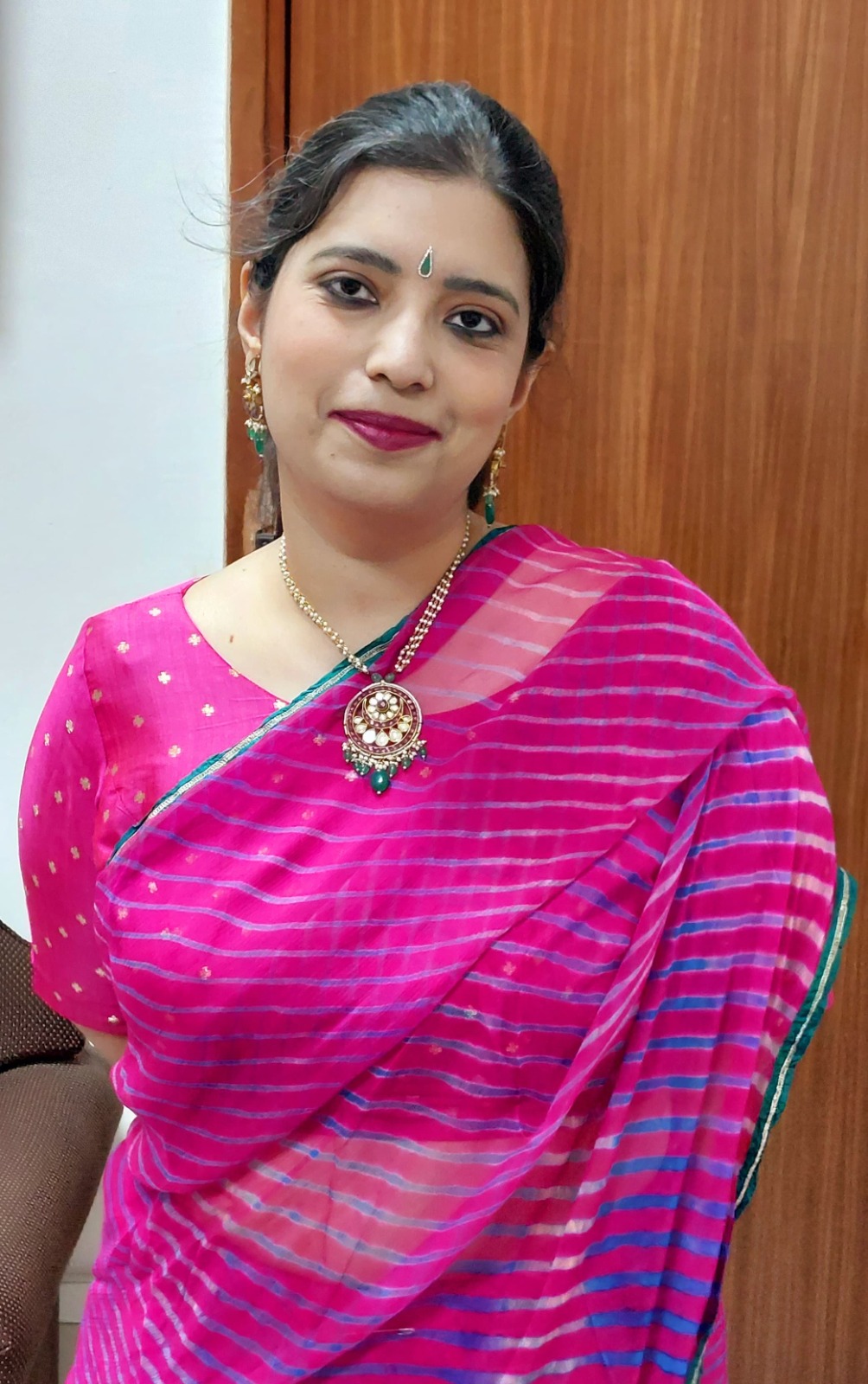
Violence against healthcare professionals has become rampant in India. This month, a Chennai doctor was stabbed in a government hospital by a former patient’s son. The incident sparked a massive protest in Tamil Nadu with thousands of doctors going on strike, shutting down private hospitals and clinics. Although social media has brought more such incidents to public attention, the situation still shows a troubling trend. There is no justification for violence and criminal acts have to be dealt with in the same manner as they would be in any other context. It is equally crucial, however, to examine the underlying causes and find concrete solutions.
A significant issue is the ‘god’ syndrome surrounding the medical profession in India. Promoting the idea that doctors are infallible and saviours often leads to unrealistic expectations from patients and their families. Healthcare professionals are just that - professionals who are very much human!
On the other hand, patients and caregivers too are increasingly intolerant of what they perceive as greed and negligence in a profession that is supposed to maintain high ethical standards. The once-trusted doctor-patient relationship, particularly the notion of a ‘family doctor’, has suffered a significant decline in India. Recently, a 55-year-old doctor in Michigan, U.S. was sentenced to 45 years in prison for falsely diagnosing 553 patients with cancer and administering unnecessary chemotherapy purely for financial gain. Tragically, many patients lost their lives due to this malpractice. There are countless such instances in India too, the difference being that most patients lack the resources to engage in lengthy legal battles against affluent hospitals that can afford the best lawyers to defend their doctors.

As a cancer patient and a public health policy expert, I often receive questions from fellow patients who feel dissatisfied with their doctors' responses or who find that their concerns are not adequately addressed. Nowadays, very few patients are satisfied with just one doctor's opinion, especially when it comes to serious health issues. This trend highlights a growing distrust in the medical field that urgently needs to be confronted.
Educating patients about the capacities and limitations of healthcare professionals is essential for managing their expectations effectively. By promoting a clear understanding of the healthcare process, patients can navigate their experiences more effectively, resulting in less frustration when outcomes differ from their expectations. Equally, the government and healthcare institutions should focus on enhancing regulations and monitoring systems to minimise instances of medical negligence and deliberate profiteering. Such practices can severely undermine trust in the healthcare system. When patients perceive that their health is secondary to financial interests, it can create a divide between them and their healthcare providers. In a field where significant information asymmetry exists, patients who feel vulnerable and deceived can resort to extreme measures.

Effective communication goes beyond simply sharing medical facts; it requires a deep understanding of the emotional landscape of patients and their families. I recall a distressing moment during my father's stay in the ICU at a prominent private hospital in Delhi. A resident doctor insensitively stated, “Everyone has to die one day,” while standing next to my father's bed. This heartless comment, made in front of my grieving mother, who was facing the impending loss of her husband of 38 years, was not only inappropriate but also profoundly painful. The situation worsened when the doctor told her to "stop treating him (my father) like a child." Such a lack of empathy can leave family members feeling outraged and dehumanized, as anyone would when a loved one is spoken to in such a dismissive way. While I would never resort to violence, others might react differently in similar circumstances. Thus, fostering compassionate communication with patients and their families is vital for creating a nurturing healthcare environment.
Studies indicate that many patients greatly appreciate empathetic and compassionate dialogue, even when confronted with the harsh reality of losing a loved one. They value healthcare professionals who take the time to listen, acknowledge their feelings, and offer solace during challenging moments. This underscores the importance of training programs aimed at enhancing emotional intelligence and communication skills among healthcare providers.

From the viewpoint of healthcare professionals, reducing overcrowding in medical facilities is crucial. When facilities are overcrowded, it can lead to staff burnout, impairing their efficiency and the time they can devote to each patient. This situation may result in increased medical errors and lower satisfaction levels for both patients and caregivers. In addition to tackling overcrowding, it is also vital to improve security measures within healthcare settings. States in India have varying legal and policy provisions to safeguard healthcare workers from violence, ranging from stricter penalties for assaults on healthcare professionals to the establishment of protocols for reporting and managing incidents of violence.
The effectiveness of these protective measures can be greatly improved when paired with proactive strategies, such as increasing staffing levels, enhancing staff training in conflict de-escalation techniques, and establishing comprehensive security systems. At present, there is no all-encompassing national legislation that addresses the protection and safety of healthcare professionals, as the responsibility for healthcare primarily lies with individual states. This fragmented approach has resulted in considerable variations in the protection of healthcare workers across the nation. Consequently, there have been ongoing appeals from the medical community for the creation of a unified national law that would ensure consistent protections for healthcare workers everywhere.
Among states, Kerala and Karnataka stand out as pioneers, having enacted some of the strongest laws aimed at shielding healthcare professionals from violence and harassment. Their legislative initiatives serve as excellent examples for other states to follow in order to bolster the safety and security of healthcare workers. Examining successful practices from other countries can also offer valuable insights.

The National Health Service (NHS) in the U.K., for instance, upholds a strict zero-tolerance stance on violence, bolstered by a specialized security team and an extensive reporting framework. In the U.S., certain states categorize assaults on healthcare workers as felonies. Meanwhile, Australian hospitals have implemented safety protocols that include security staff, panic buttons, and compulsory de-escalation training. Closer home, both Nepal and China have adopted various measures, particularly in response to the increased violence against health professionals during the COVID-19 pandemic.
Of course, it is also important to appreciate that simply having laws in place is not enough to guarantee the safety of healthcare workers. The success of any legislation hinges on its implementation, which is ultimately the responsibility of individual states. Thus, even with a national law in place, the dedication and resources provided by state governments will significantly influence the law's effectiveness.
A collaborative effort is necessary to build understanding, cooperation, and trust between healthcare workers and the communities they serve. It is important to keep in mind that anyone can become a patient at any moment, making the well-being of healthcare providers intrinsically linked with the quality of care that patients receive.
As Former Director, Office of Vice Chairperson, NITI Aayog, Urvashi has shaped national and global health initiatives, from catalyzing reforms in medical education and managing India’s Covid-19 response to advising on the SDGs. A celebrated cancer survivor and thought leader, she is recognized among India’s most influential women and has authored over 100 publications on public health, gender, and equity.
Urvashi Prasad
Former Director
Office of Vice Chairperson
NITI Aayog
Also watch this video
Herzindagi video
Our aim is to provide accurate, safe and expert verified information through our articles and social media handles. The remedies, advice and tips mentioned here are for general information only. Please consult your expert before trying any kind of health, beauty, life hacks or astrology related tips. For any feedback or complaint, contact us at [email protected].